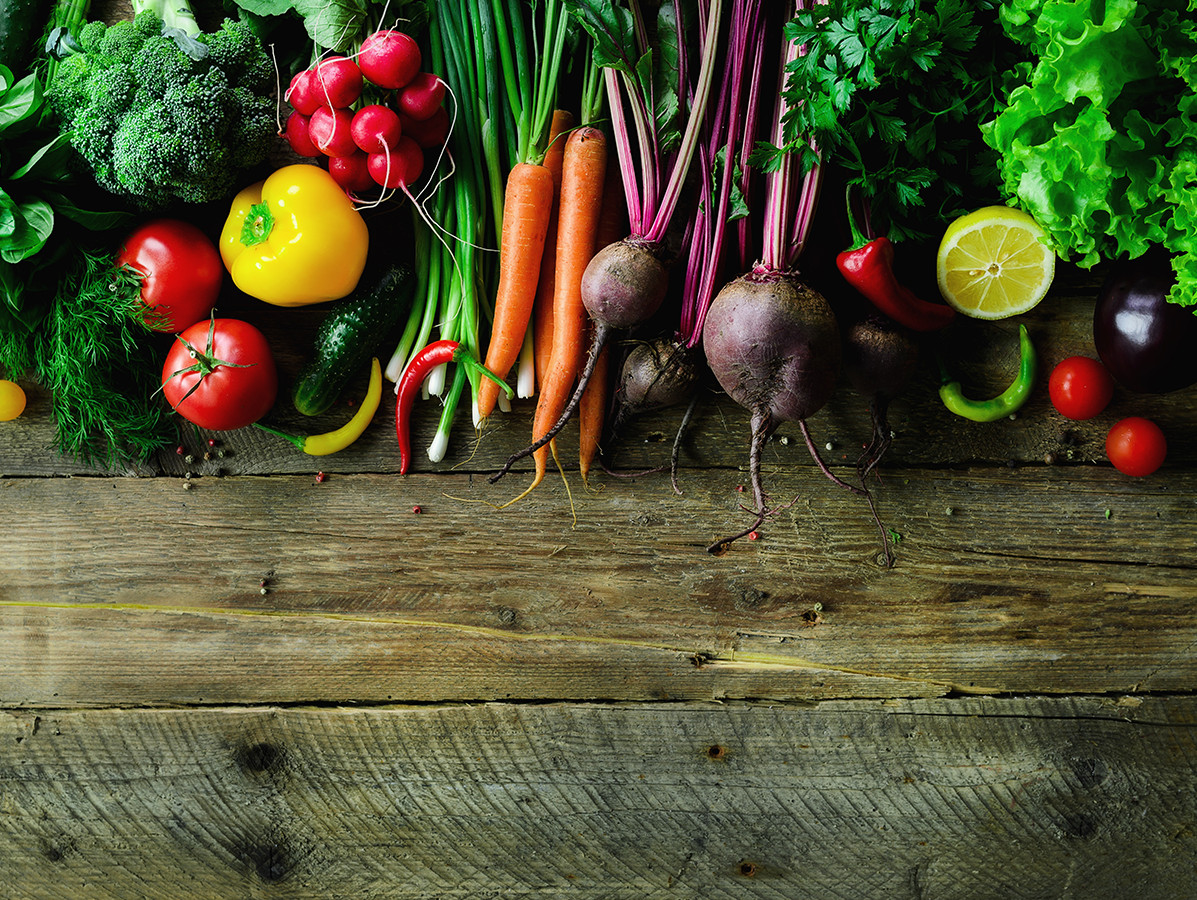
More households (95.1%) bought organic products in 2019, according to new GfK research (2020) commissioned by Bionext. In particular, the group of consumers who choose organic from time to time is increasingly buying an organic alternative. The vast majority (89%) simply buy organic products in the supermarket (Ruigrok, 2020). The increase seems to be explained by the increasing supply of organic products at supermarkets. According to the study, consumers see organic food mainly as environmental, animal-friendly and pure.
"We see that supermarkets are including more and more organic products in their range, which increases accessibility, so that more and more people are opting for organic. Very nice, because that way more people can become acquainted with organic. The more people choose organic, the more they go to the specialty store as well as the supermarket," says Michaël Wilde, director of the branch organisation Bionext.
Only 14% of households that buy organic say they do so for image reasons. Consumers see organic products as environmentally friendly (41%), animal-friendly (40%) and pure, without unnecessary additives (39%).
Despite increasing sales, price remains the biggest barrier: 68% of households say they would buy organic more often if it were cheaper. However, the price difference between organic and non-organic is smaller than 5 years ago (Consumentenbond, 2019). At that time, organic products were on average twice as expensive as non-organic products and now 1.75 times as expensive. Organic products, especially seasonal products, are now sometimes as expensive or even cheaper than A-brands.
More knowledge about the benefits of organic' is mentioned in the Ruigrok study as a second reason to buy organic more often. If the advantages of organic would be clearer, the choice would be made easier. The European campaign 'Bio lekker voor je' (Bio tasty for you) was created especially for this reason. On the platform, content is shared about how organic food contributes to the climate, the soil and animal welfare. During the Switching Weeks there are many offers, allowing consumers to 'switch to organic for a while', to become acquainted with the organic alternative. The next Transition Weeks will take place in September 2020.
Source: © Bionext